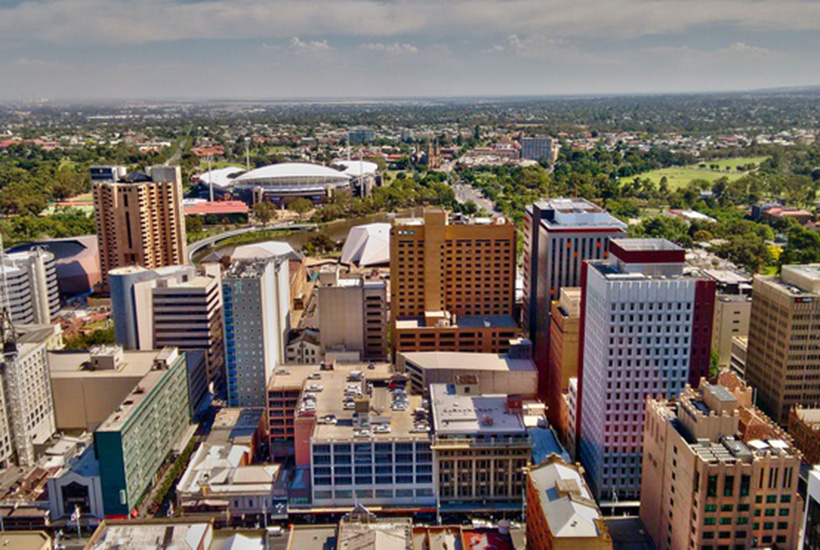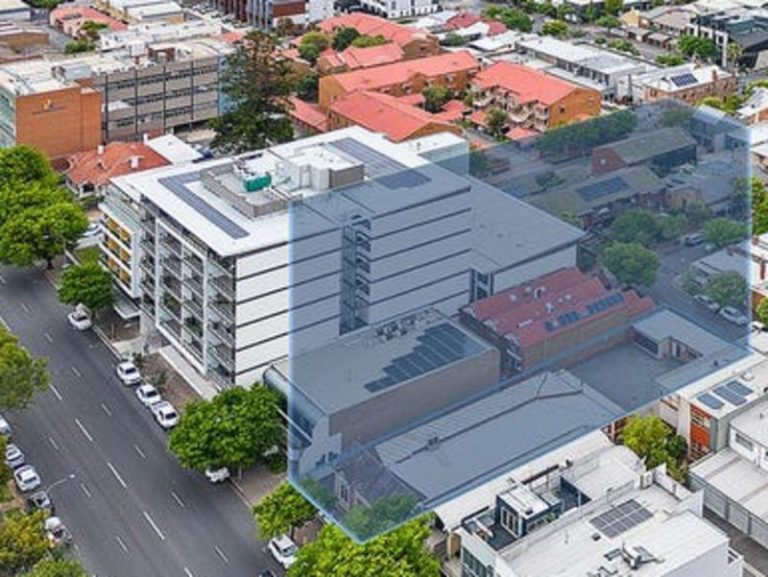Relief for commercial tenants extended by government

With South Australia entering a new phase of lockdown after a new spike in coronavirus cases, businesses and commercial tenants are again expected to lean on relief measures offered earlier in the crisis to ensure they stay on their feet.
While each state has different assistance available, all states have offered some form of coronavirus relief for commercial tenants throughout the pandemic, with most set to continue into 2021.
Here’s what is available as a commercial tenant in your state.
South Australia
South Australia’s relief provisions for commercial tenants were extended in September and will now run through until January 3, 2021.
This article has been amended and corrected from an earlier version that quoted an extension to March 28, 2021.
With all businesses other than essential services now closed, including schools, pubs, cafes, takeaway food outlets and the construction industry closed for a six-day period, financial support will again come into focus as tenants seek to fill their shortfall in revenue.
Under the provisions there are restrictions on rent increases, as well as a moratorium on evictions.
The South Australian government also extended and increased the land tax relief scheme for landlords, providing a 50% reduction on their tax liabilities.
Victoria
The Victorian Government also extended its moratorium on commercial tenancy evictions for small to medium businesses with an annual turnover under $50 million that have experienced at least a 30% reduction in turnover due to the coronavirus.
The scheme includes a freeze on rent increases during the moratorium for commercial tenants, a rental payment waiver or deferral proportionate to commercial tenants’ income reduction due to COVID-19, to be negotiated between tenant and landlord, and a mediation service for commercial tenants and landlords to support fair tenancy negotiations.
Land tax relief is also being provided to commercial landlords that provide financial relief to their tenants.
New South Wales
In NSW there is a land tax relief package aimed at supporting both tenants and landlords.
Eligible commercial landlords can apply for a land tax concession of up to 50% of the 2020 calendar year, if they pass the savings on to their tenants by reducing their rent.
A three-month deferral on outstanding land tax amounts is also available.
Western Australia
Having introduced the Commercial Tenancies (COVID-19 Response) Act 2020 (WA) earlier this year, the WA Government has extended the laws until March 28.
Under the legislation there is a moratorium on evictions due to non-payment of rent, a freeze on rent increases and restrictions on penalties for tenants who do not trade or reduce their trading hours.
There is also a ban on landlords claiming any form of security, such as a bank guarantee or security deposit due to tenant non-payment issues, as well as bans on landlords taking action against tenants for any lease breaches after March 30 this year.
Northern Territory
The Northern Territory Government quickly put in place measures early in the pandemic to require landlords to assist their commercial tenants.
Landlords must provide rental relief to tenants who are facing significant financial hardship due to the impact of coronavirus, with landlords who do assist their tenants eligible for payroll tax and utilities bill relief
To encourage landlords to keep their tenants in a property, the government has also waived the property activation fee for commercial property landlords whose property becomes vacant during COVID-19, but only if they have first tried to negotiate an arrangement with their tenant.
It also agreed to halve electricity, water and sewage bills for commercial properties for six months, while setting aside $50 million to help businesses in the most heavily impacted industries, through a pair of payments of between $1000 and $50,000 to help keep them afloat.
Australian Capital Territory
In the nation’s capital, the government extended its Commercial Tenancies Declaration to support commercial tenants from September 28 to no later than January 31.
The new Declaration requires landlords to negotiate in good faith with impacted tenant before moving to terminate the lease or taking other action.
Under the rules, tenants who are struggling to meet rental payments due to COVID-19 can request a rent reduction from their landlord.
For those tenants who qualified for the JobKeeper program and have a turnover of less than $50 million a year, the landlord is required to negotiate on rent and other lease terms before taking action against the tenant.
Tasmania
Similarly to other states, in Tasmania tenants have been protected through a ban on lease terminations for unpaid rent, if the business has a turnover of less than $50 million and is eligible for JobKeeper.
Tasmanian landlords have also been banned from increasing commercial rents, except where rent is linked to the tenant’s turnover.







